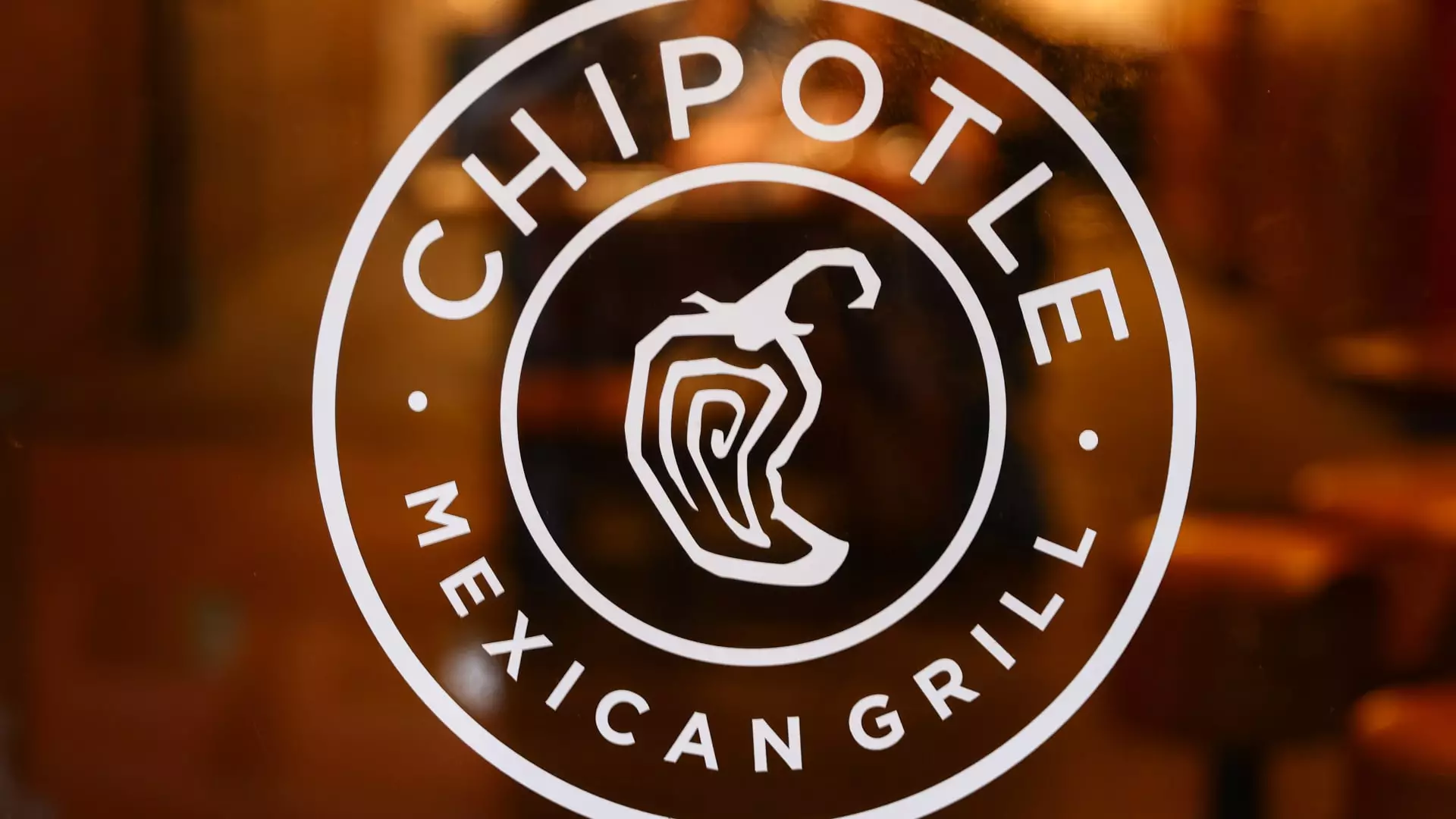As Chipotle Mexican Grill steps boldly into the Mexican market in early 2026, it’s not simply a business venture; it’s an audacious gamble amidst the geopolitical chaos of U.S.-Mexico relations. The announcement of a partnership with Alsea to facilitate this expansion comes at a time when trade tensions are palpable, characterized by tariffs and continuous political skirmishes. So why would Chipotle choose to plant its flag in Mexico now, of all times? This decision embodies both courage and a lack of prudence, revealing different facets of American corporate strategy—risk-taking grounded in optimism or sheer reckless abandonment of context.
Avocado Economics: A Double-Edged Sword
Ironically, Chipotle’s dependence on Mexican avocados—its key ingredient—is symbolic of a much larger issue: the intertwining of food and politics. On one hand, the company has diversified its sourcing strategies to mitigate risks; on the other hand, around half of its avocado supply still comes from Mexico, a precarious position given the current climate. The previous 25% tariff on Mexican avocados, now suspended but always looming, exemplifies how external factors can severely impact operations. Chipotle’s operational choices may be perceived as laughably radical, but perhaps they’re also naive, thrusting the company into a heated environment that could spell disaster.
Learning from the Past: The Taco Bell Fiasco
History teaches valuable lessons, and the unfortunate saga of Taco Bell in Mexico serves as a cautionary tale for Chipotle. Twice, Taco Bell’s attempts to break into the Mexican market ended in dismal failure, highlighting that American perceptions of what constitutes authentic Mexican cuisine do not resonate well with the local palate. Chipotle’s confidence, built on a foundation of ‘fresh’ ingredients, might overlook the cultural nuances and regional distinctions that define Mexican cuisine. There’s a risk that the very essence of Chipotle—integrating its brand across international borders—could be its Achilles’ heel.
A Cultural Conundrum: Authenticity vs. Reputation
The question remains: can Chipotle effectively translate its version of Mexican cuisine to its homeland without alienating potential customers? While Nate Lawton, Chipotle’s chief business development officer, expresses optimism about the familiarity of ingredients, this overlooks the critical distinction between admiration for fresh produce and genuine cultural appreciation. With just a few locations in disparate international markets, only time will reveal whether the American behemoth can navigate regional tastes without sacrificing authenticity.
The Bold vs. the Brave: A Filled Burrito with Uncertainty
Chipotle’s bold venture into its birthplace—let’s not forget it all started with a single burrito truck—is laden with uncertainty. The Mexican landscape, rich in intricate flavors and deeply-rooted culinary traditions, may offer a hostile reception to yet another fast-casual entrant. This expansion can be seen as a testament to American corporate audacity, but it equally raises profound questions about authenticity and cultural respect. As Chipotle prepares to roll out its first location, it does so on a stage fraught with historical precedent and geopolitical complexities that are anything but appetizing.


Leave a Reply